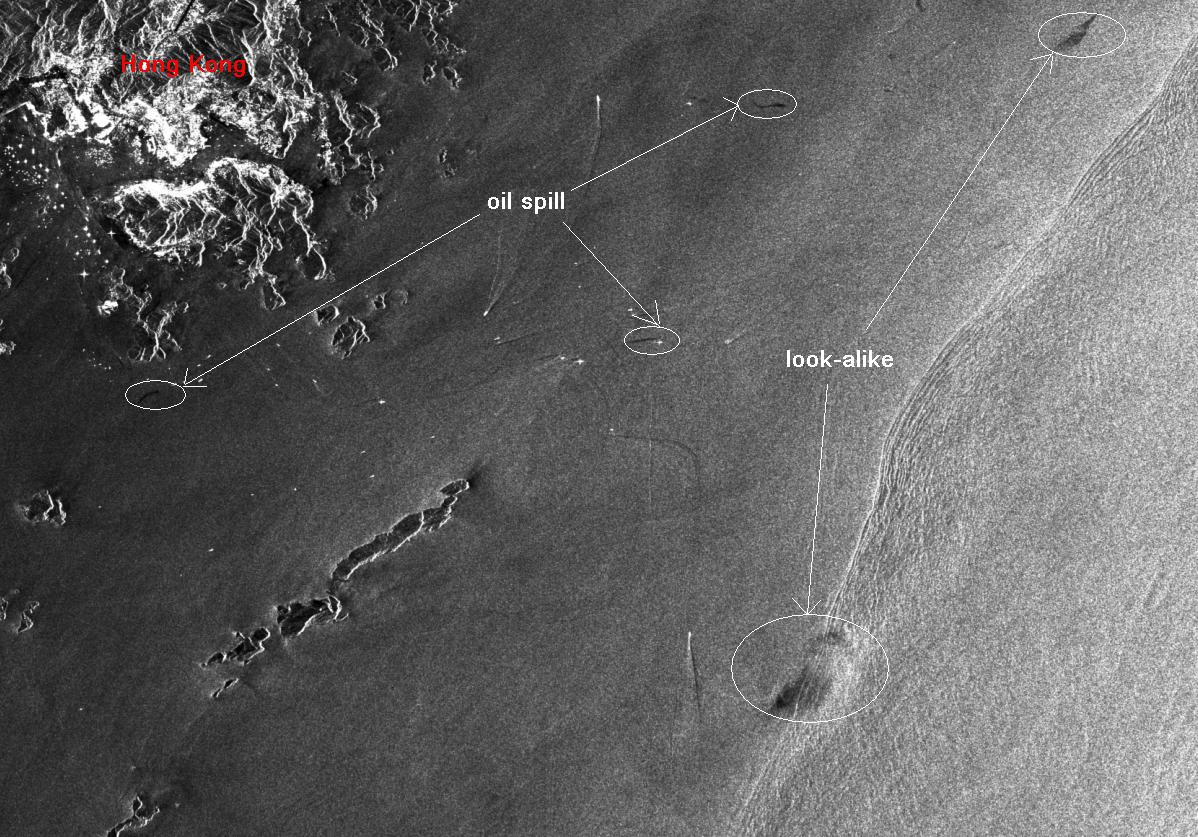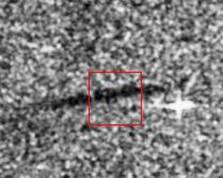Hong Kong is a city surrounded by waters. Water quality around Hong Kong affects its economic development and living quality. Oil sea pollution is a matter of great concern. In fact, about 90% of crude oil and oil products are transported across the globe by oil-tankers off-share platforms and most of the refineries are located along coasts. All these unavoidably generate sea pollution. Annually, 48% of the oil pollution in the oceans is caused by fuels and 29% by crude oil both due to chronic events such as illegal tank cleaning or bilge pumping. Tanker accidents contribute to only 5% of all pollution spilled into the sea. In any case, the amount of oil spilled annually worldwide is estimated at a level greater than 4.5 millions tons, equivalent to one full-tanker disaster every week.
One of biggest ports in the world with thousands of ships and boats in and out each day, it is necessary for Hong Kong to detect and monitor oil spill events such as illegal tank cleaning or bilge pumping around the coastal region and the vicinity. The Institute of Space and Earth Information Science (ISEIS) of The Chinese University of Hong Kong recently made a successful detection and monitoring around the coastal areas of Hong Kong. One ASAR image received by the CUHK ground satellite station on 5th June 2007, after pre-processing and identification, showed oil slicks and look-alikes around Hong Kong (Figure 1). Two small areas were detected in detail (Figure 2 (a) and (b)) and have been proved to be oil slicks.

Figure 1: Overview of oil slicks and look-alikes from ASAR image on 5th June 2007

Figure 2 (a) Oil slicks

Figure 2 (b) Oil slicks by boat
This oil spill detection from ASAR imagery, which is still in progress, proves to be effective in monitor pollution around Hong Kong. The researchers are working hard in the development of new algorithms and methodology, which will be useful tool to safeguard our beautiful seas.